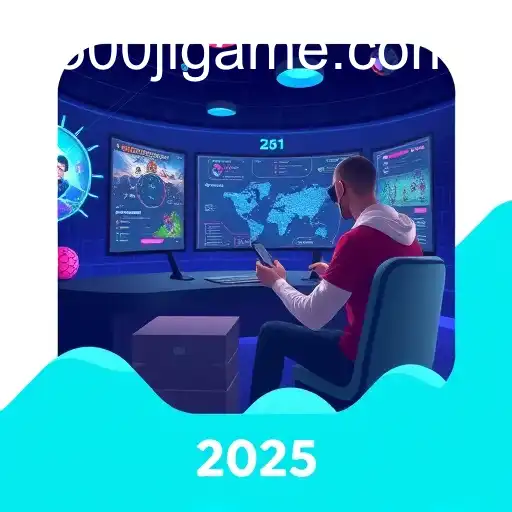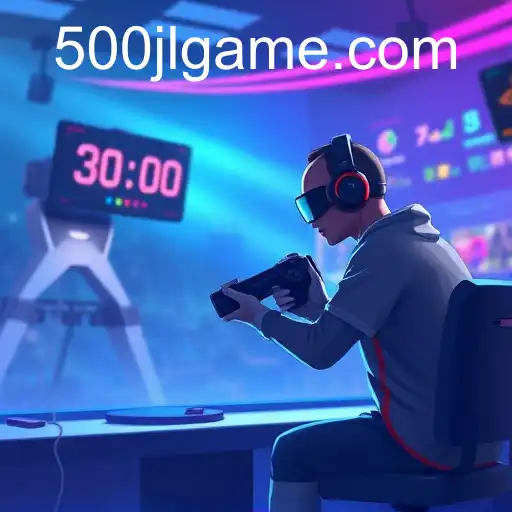Educational Games


The Growing Impact of Educational Games on Learning

In recent years, educational games have gained significant traction as a powerful tool in both formal and informal learning environments. Designed to engage students through interactive and entertaining means, these games offer an innovative approach to education that capitalizes on the digital habits of today's learners. Educational games are not just about making learning fun; they are about enhancing understanding and retention through immersive, hands-on experiences that traditional methods may not fully deliver.
One of the key advantages of educational games is their ability to provide immediate feedback, allowing learners to assess their understanding and make adjustments in real-time. This interactive nature is conducive to enhancing problem-solving skills and critical thinking, as students are encouraged to explore different solutions and strategies within game-based scenarios. Furthermore, these games often utilize storytelling and real-world simulations, which help to contextualize information and foster a deeper connection to the subject matter.
The use of educational games extends across a wide range of subjects and age groups. From mathematics and science to history and language arts, developers are creating games that cater to diverse learning objectives. These games are particularly beneficial for younger students, as they are more inclined to engage with educational content presented in a playful format. However, older students and even adult learners can greatly benefit from them as well, especially when it comes to complex topics that require extensive practice and application.
The integration of educational games into curricula and educational settings has shown promising results in terms of student performance and motivation. Studies suggest that students who regularly use educational games exhibit higher levels of engagement and improved academic outcomes. As technology continues to advance, the future of educational games looks promising, with the potential for even more sophisticated and personalized learning experiences.
In conclusion, educational games represent a significant shift towards more dynamic and engaging learning methodologies. They not only make learning more enjoyable but also provide practical educational benefits that traditional teaching methods alone might not achieve. As educators and institutions continue to embrace this digital transformation, educational games are poised to become an integral part of the educational landscape, offering students an enriching pathway to knowledge and skills acquisition.
The Evolving Landscape of Online Gaming
Exploring the latest trends and developments in the online gaming world, focusing on platforms like 500jl.
Revolutionizing the Gaming Sphere: The Ascendancy of 500jl
Exploring the impact and development of 500jl, a prominent platform in the gaming industry.
Gaming Trends Shaping the Future
Exploring how the gaming industry is evolving in the digital age, driven by technology and community engagement, with a focus on 500jl.
 Skip to content
Skip to content




